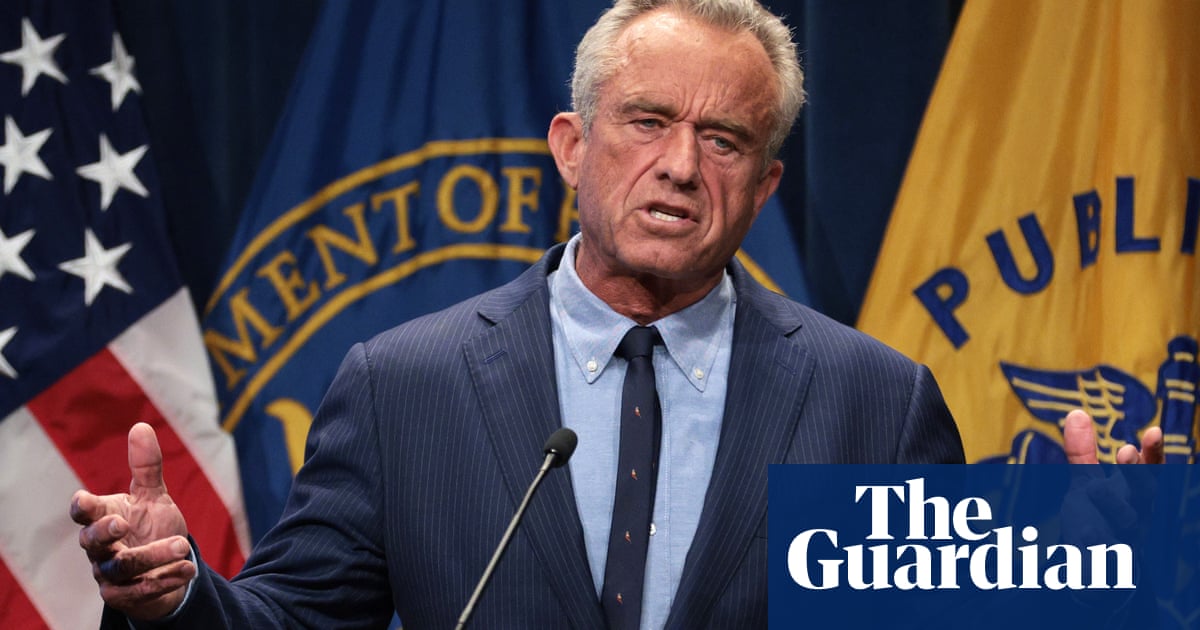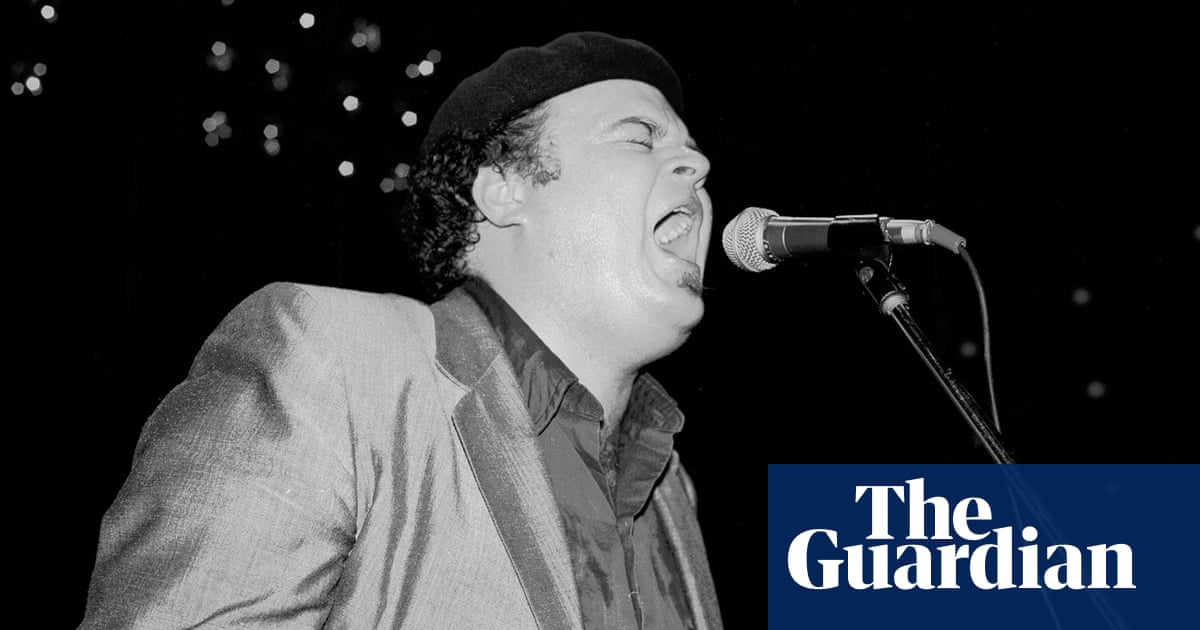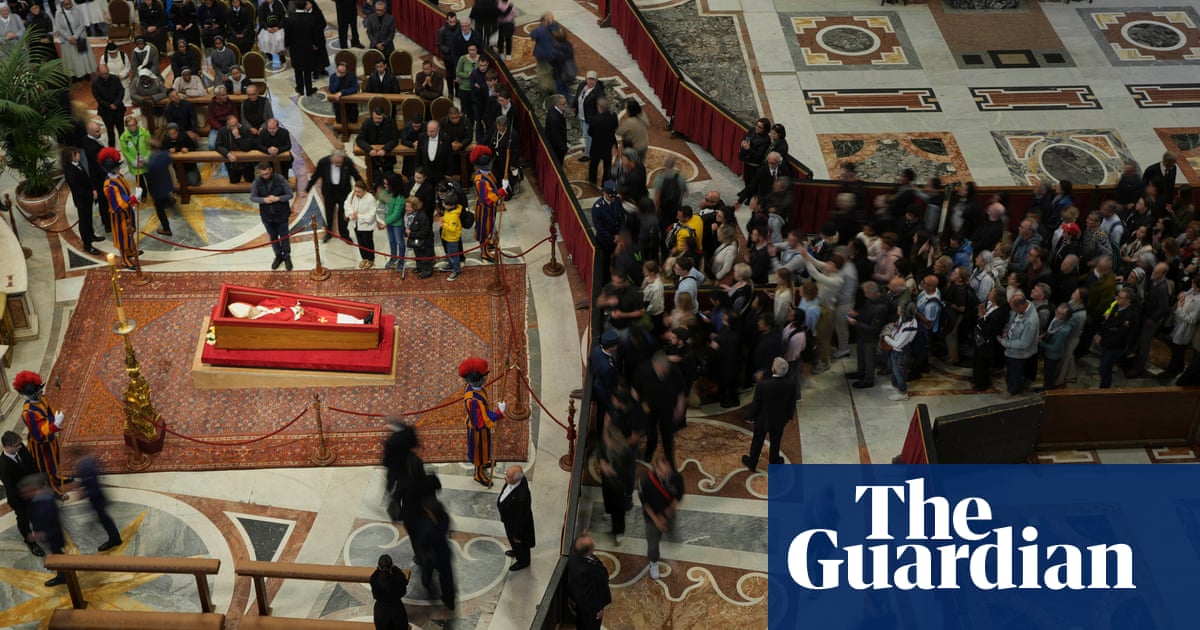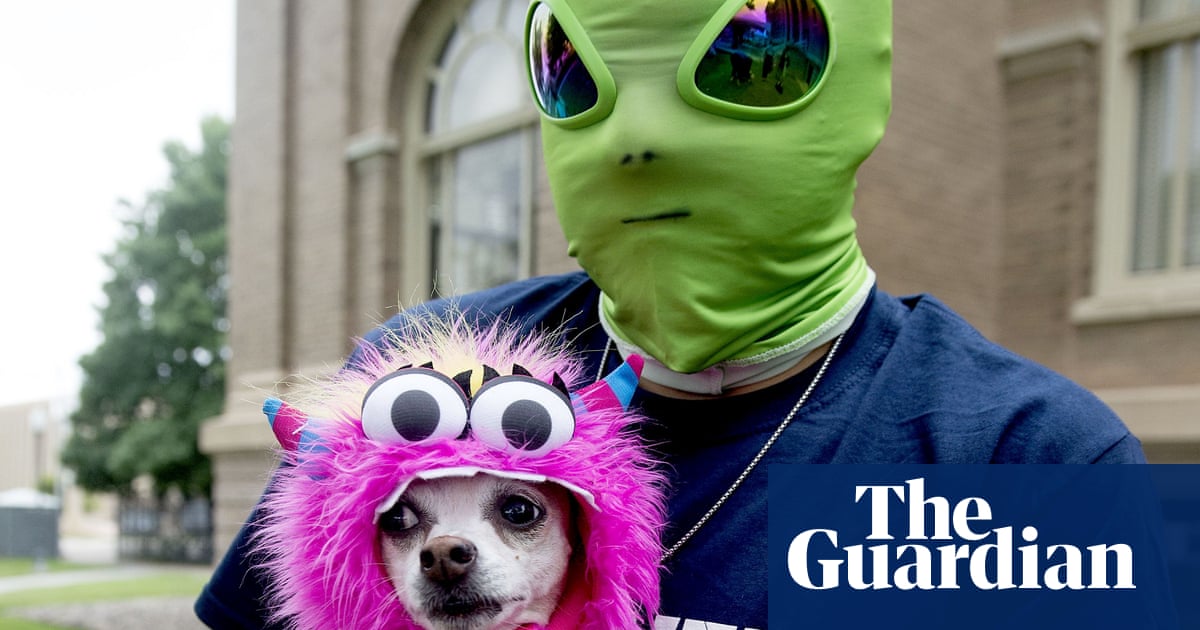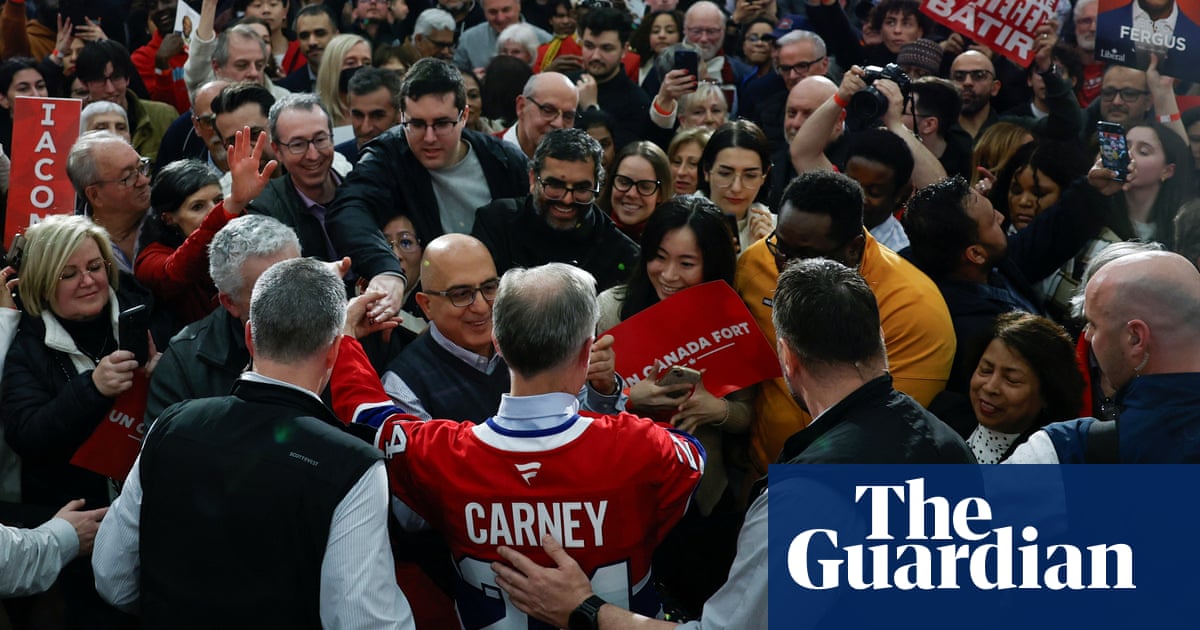The National Theatre’s decision to stage a work by a “pioneering” and “forgotten” black British playwright should be the start of a revival of similar overlooked work from the 70s and 80s, according to the creative team behind the project.
Director Lynette Linton and writer Trish Cooke will bring their revival of Alterations by Michael Abbensetts to the Lyttelton Theatre stage this month, and have said the decision to stage a play by the Guyanese-born author, who was the first black British writer to have a series commissioned by the BBC, is overdue.
“There was a huge amount of black British playwrights, writers and artists all through the 70s, 80s and 90s – so it’s important that young people know that, because we’re all standing on the shoulders of each other,” said Linton, who is the artistic director of the Bush Theatre.
“I’m really glad Rufus [Norris, the artistic director and chief executive of the National Theatre], as part of his final season, has decided to say: ‘Fuck it, let’s put it on in the Lyttelton,’ which is one of the biggest stages in the country, and highlight how incredible this man and his generation of writers were.”
The production is partly possible because of the Black Plays Archive, a substantial collection of material that records black work staged in Britain, which is held at the National Theatre. “If it wasn’t for the Black Plays Archive those writers would be forgotten and lost, so hopefully this is the start of some sort of revival for other works as well,” said Cooke.
Abbensetts’s path to becoming a major cultural figure in the 70s was unlikely and remarkable. Born and educated in Georgetown, in what was then British Guiana, he was inspired to try writing after seeing a production of John Osborne’s Look Back in Anger. He then moved to London and began writing work that drew from his life in the capital, such as The Museum Attendant, which became a BBC screenplay in 1973 and was inspired by his time working as a security officer at the Tower of London and as an attendant at Sir John Soane’s Museum.
The Museum Attendant aired the same year as Sweet Talk, his first stage work, which starred Don Warrington and was directed by a young Stephen Frears at the Royal Court’s Theatre Upstairs. In 1977 the pair again worked on Black Christmas, a domestic drama about a black family shot on location in Birmingham.
It was a typical Abbensetts story, mixing “roots, racial tensions, mixed-race relationships, cultural power games, tolerance and integration”, and starred Norman Beaton and Carmen Munroe. “It was a knife of a play,” wrote Nancy Banks-Smith in the Guardian.
Then came Empire Road: a groundbreaking black British sitcom which had an almost entirely black creative team featuring Norman Beaton and Joseph Marcell, while Horace Ové directed some episodes and Dennis Bovell provided the theme tune. It lasted two series, but despite its critical success, didn’t signal the start of a new rush of similar black British television.
Alterations was first staged in 1978, and is about a Guyanese tailor trying to establish himself on Carnaby Street in London. Linton and Cooke’s revival stars Arinzé Kene and Cherrelle Skeete.
Cooke was brought onboard to rewrite and update elements of the play – partly so that narrative elements were cleared up, but also because there were concerns over some of the stereotypical ways in which Jewish and female characters were presented.
She said: “He’d written it from the male characters’ perspectives in 1978, when they were ‘mens’ men’. We obviously needed to keep that, but we needed to lift the other characters up as well, so you understood it and believed it.”
Alterations is the latest in a string of major black British plays at London’s biggest theatres. Jeremy O Harris’s Slave Play was on in the West End, while Linton directed Benedict Lombe’s play Shifters at the Bush Theatre before it transferred to the West End, becoming only the third play by a black British woman to debut there.
“I hope it’s not a cycle,” said Linton of the recent stagings of black British work. “The work needs to be part of the canon. I don’t know if we’re there yet – I hope we get there. In 10 years’ time I hope we’re not saying: ‘Have we got there yet?’”

.png) 2 months ago
28
2 months ago
28







